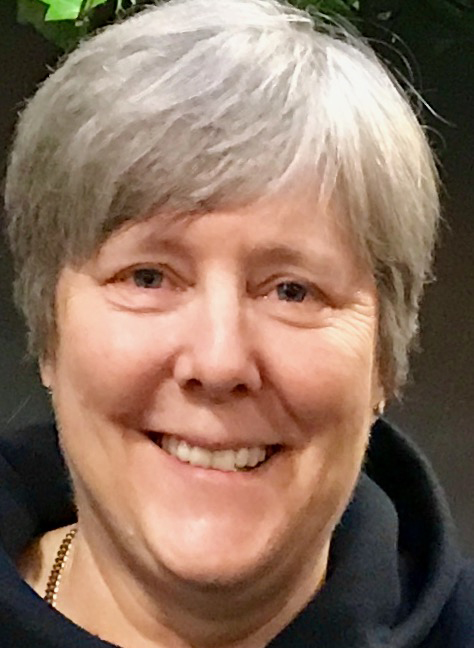
The Department of Geography and Tourism Studies is pleased to introduce the newest member of our Department, Dr. Katie Young. Dr. Young has joined Dr. Catherine Nash as a Postdoctoral Research Fellow on the Beyond Opposition research project.
Dr. Young is an arts-based ethnographer, exploring everyday experiences of space through the lens of music and media. Prior to joining the Beyond Opposition project, Dr. Young was a postdoctoral research fellow at the University of Limerick between 2020 and 2021. In Ireland, her research explored experiences of night space for Black-Irish and African diasporic musicians and creatives living in Cork and Galway.
Katie’s doctoral research focussed on gendered experiences of Hindi films and film music in the home and in everyday life in Ghana. After receiving her PhD in Music and Geography in 2019, she was the 2019 African Studies Association UK Teaching Fellow at the University for Development Studies in Northern Ghana.
Learn more about Dr. Young and her research here.



